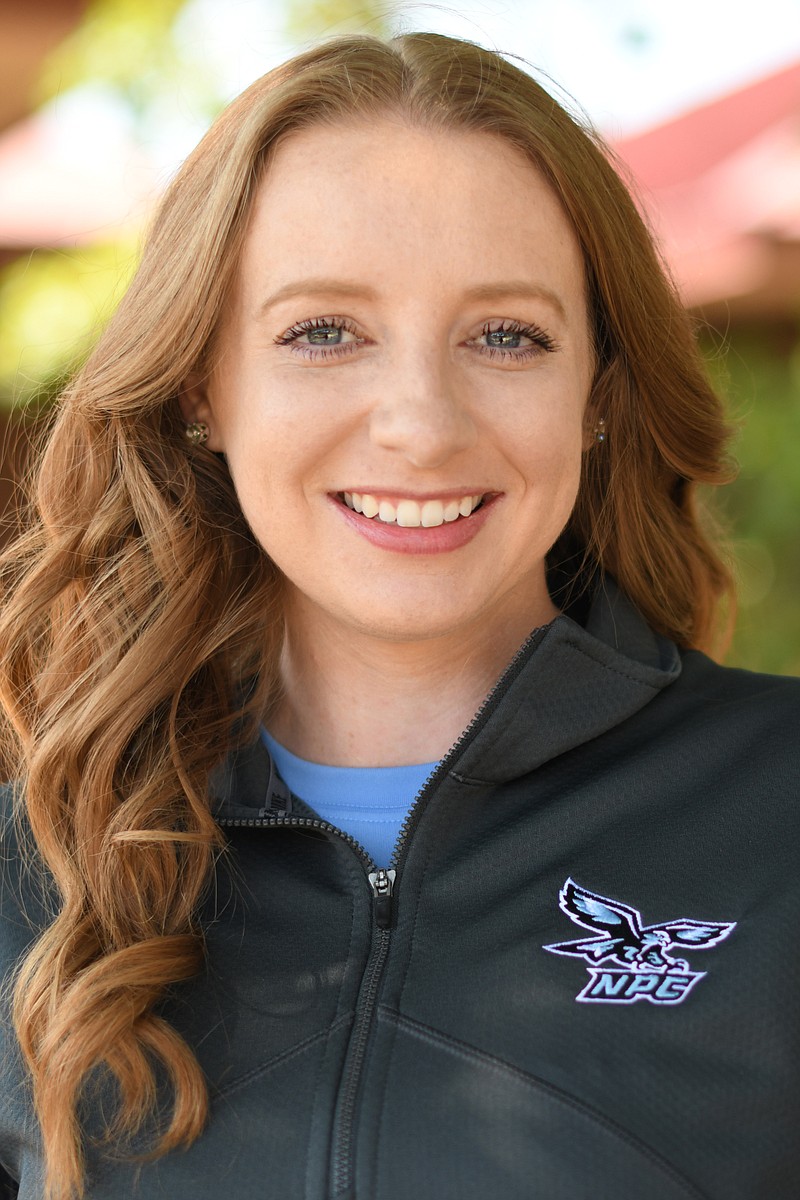New National Park softball coach Autumn Wyatt, a Keller, Texas, native and graduate from East Central University in Ada, Okla., is in her first head coaching position, but she was not originally planning on coaching.
Wyatt earned her bachelor's degree in criminal justice, but she was unsure what she wanted to do after graduating, leading her to apply for graduate school.
Don’t see the podcast above? Click here https://episodes.castos.com/60ccd49376f759-56068567/30416/2ba23946-d5b6-4ba3-ad24-e5f03b1a8a7c/Ep14WyattSoftball.mp3
"I applied for a bunch of graduate assistantships for softball coaching," she said. "And I applied to schools that either had a criminal justice masters or a coaching masters, and I kind of just left it up to fate of "OK, whichever one accepts me, whatever program that is, that's just the direction I'm going to go.'"
Wyatt was accepted to the masters program in coaching at Southern Arkansas, and she got her "foot in the door" as a coach. While an assistant coach for the Muleriders, the team had some success.
"I got to get myself a nice shiny ring, which is always nice," she said. "So we made regional appearances both years, and the second year I was there, we actually made a run in the (Division II College) World Series and ended up in third place overall."
After a short stint in New Hampshire working with a softball coach she played for at East Central, Wyatt moved back to Ada to take a job as the university's assistant athletic director for compliance and academics.
She realized fairly quickly that working in the university's compliance office was not what she wanted to do.
"One thing I didn't like, and I think that's why I also went to coaching, is just I feel like they came in my office for one or two reasons -- so they're ineligible, or I'm putting them in the transfer portal and they're leaving us," she said. "So I just felt like I could never get that positive experience I wanted. And so as a compliance officer, I was actually able to get quite a few athletes eligible through NCAA appeals and things like that. ... But it just stinks when you have to break the news to a kid of they're gonna have to sit out a year, or you learn that East Central wasn't a place for them. And while you do want to see them succeed, you kind of wish it was still at your institution."
Getting the head coaching job at National Park was a big change for Wyatt, mainly in the amount of time that she is allowed to work with the players.
"Obviously, as a Division II coach and compliance officer, I was used to following the rules," she said. "We had so many rules on how many hours we can practice, how many days off, who could be with them, everything like that, and kind of getting here, it's 'All right. Here's our suggestions, but kind of just go out, put them on the field, and let's get them going.'
"So I think it's trying to balance that and realize I can have them more than I was used to before. And I think something else that's different is, like you said, kind of the stigma attached to junior college, and that's what I'm really trying to break. So it shouldn't be a last resort or anything like that. I want to get to the point where people are choosing National Park over some of these bigger schools."
As a fairly young coach, Wyatt is not much older than the players she is coaching, but she feels that she is able to connect with the players in a different way.
"I think I'm at a really good age right now where they don't look at me as like an old person, per se, but they do realize that I'm old enough that I've been through it before. I've had various experience and things like that, so I'm young enough to where they can still relate to me and say, 'OK, I'm not too far removed from playing and being in your shoes and things like that.'"
The Nighthawks players did their research before meeting her, Wyatt recalled.
"The first couple of weeks, I mean, they were just spitting out facts from my bio, so they did their research on me," she said with a laugh. "They were really wanting to know what they were getting into, so I think once they saw the success that I was able to have as a player, and as a coach, that they were like, 'Alright. OK, maybe we did get a good one here.'"
Now that she has been working with the team for a few weeks, she is starting to see them start to buy into the system.
"And then just on the field as I walk them through different scenarios and things that I want, and I really explain why we do things, I kind of see them buying in of like, 'Wow, this really makes sense. And we really like this, and this is going to help us be successful.' So as we go along that trust -- which is huge. I mean, if you don't have trust, you don't have anything. So that trust is being built stronger and stronger. And I think that's only helping our relationship."
